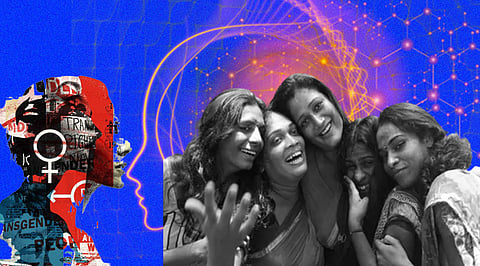
- Insights
- Cryptocurrencies
- Stocks
- White Papers
- Industry
- Geography
- Insights
- Cryptocurrencies
- Stocks
- White Papers
- Industry
- Geography


The recommendations concerning AI's gender biases are urgent in light of the explosive growth of digital voice assistants such as Amazon's Alexa and Apple's Siri. Almost all voice assistants are given female names and voices and express a 'personality' that is engineered to be uniformly subservient. These biases are rooted in stark gender imbalances in digital skills education and are exacerbated by the gender imbalances of the technical teams developing frontier technologies by companies with significant gender disparities in their C-suites and corporate boards.
Recent conversations around AI and gender have centered around the need to understand gender beyond the binary of male and female. For example, facial recognition technology used by Uber in the US has problems with correctly recognizing transgender persons. And Uber is not an exception. The U.S. National Science Foundation, for example, has highlighted research that shows "facial analysis services performed consistently worse on transgender individuals, and were universally unable to classify non-binary genders."
While non-binary gender identities have been present in global south countries for some time, the struggles of gender minorities persist. Concerning AI and gender, these struggles begin with the process of recognizing one's gender identity through data. Presently, gender data from the global south remains incomplete and invisible. It gets lost in the local activism to expand the understanding of gender rights beyond the binary of male and female in an attempt to include centuries-old indigenous realities; while also erasing and ignoring their hard-won (indigenous) gender recognition simply to remain relevant and be included within the western development paradigm.
It is important to understand that these autonomous systems are made up of algorithms that are made by people who have been socialized themselves. In this sense, the humans creating the AI and the AI itself share the same brain, and therefore, the biases that the humans possess (especially with lack of diversity), in one way or another, will influence the AI in making bias-based decisions. Furthermore, the influences of society will also affect the thought process of AI.
